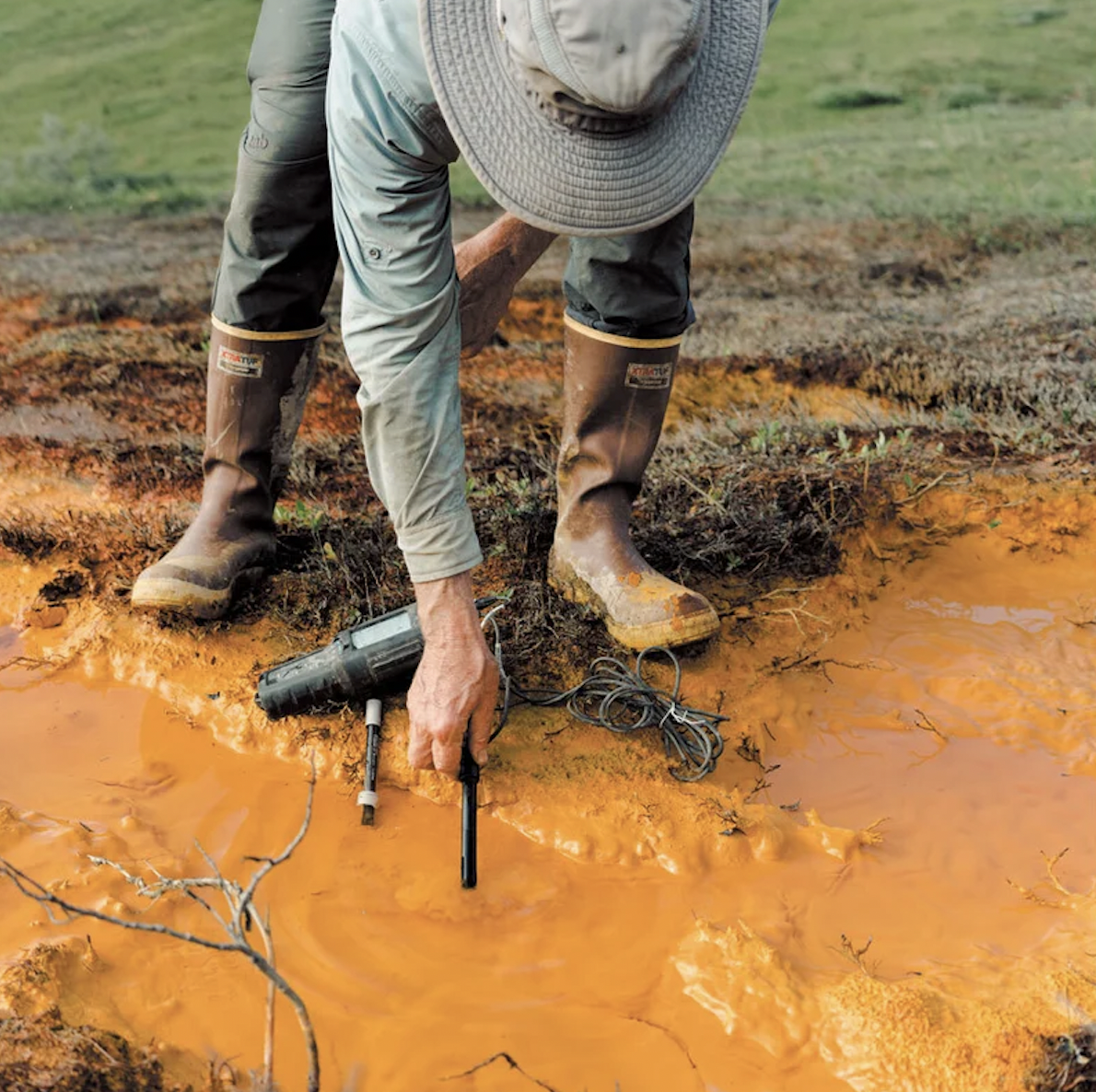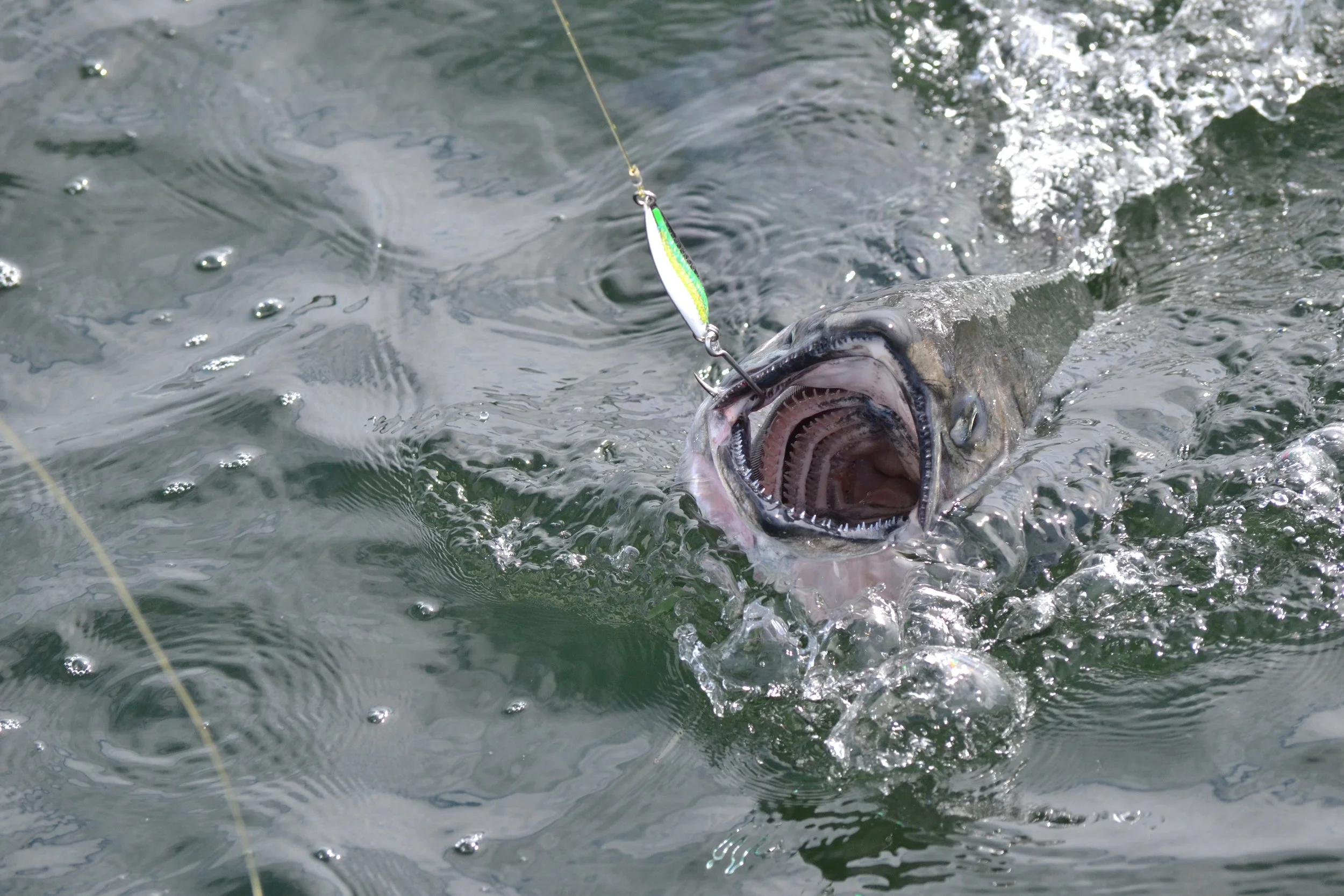Why do we fish? Is it to feed our family, for the trill of the catch, to stay connected to our ancestors, or to make a living? This BBC recording allows you to experience other fishermen's opinions and experiences from around the world.
"People have been fishing for thousands of years – it is one of the last hunter gatherer activities. But increasingly it is becoming more difficult, as fish stocks dwindle or regulation limits the number of fishes that can be caught. Caz Graham asks why do people continue to fish despite these difficulties. She goes out into the Solway Firth in the north of England, with a group of haaf net fishers who use a traditional form of salmon fishing that dates back over a thousand years. She hears how new regulations have limited the number of fish that can be caught – something that the fishers say could threaten this form of fishing."
To listen to the entire broadcast featuring our own Linda Behnken click here.




